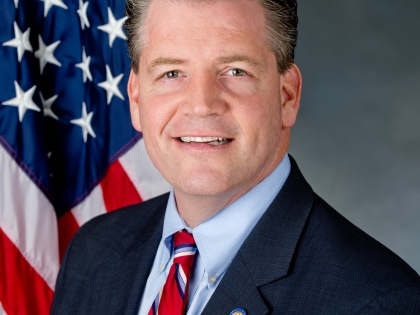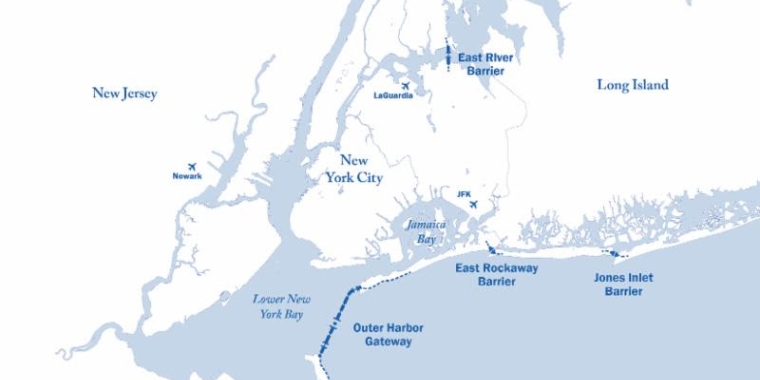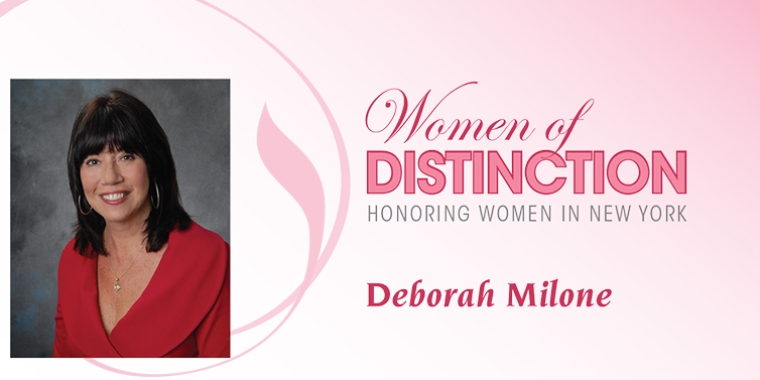
Senator Murphy, community leaders seek to break down barriers
October 15, 2018

Albany, NY - In early July, the United States Army Corps of Engineers (USACE) held a series of meetings to explore the impact of installing offshore barriers to protect the metropolitan region from storm surge flooding. They neglected to hold any meetings in the Hudson Valley, despite it being home to the largest population that stood to be affected by their plans. Senator Murphy then made it his mission to see that the people most affected by the USACE's actions would have a voice.
Senator Murphy has delivered on his promise. On Wednesday, October 17th, Senator Murphy, the Hudson Valley Gateway Chamber of Commerce, and the Hudson Valley Marine Association will co-host an informational hearing at the Croton Yacht Club, 6 Elliot Way in Croton from 7 p.m. to 9 p.m. The public is invited, but due to limited parking is requested to RSVP by calling Senator Murphy's District Office at 914-962-2624.
"The first step in affecting change is to gather pertinent information from experts and determine how the plans being proposed by the USACE will impact the river's surrounding communities," noted Senator Murphy. "The goal of the hearing is to improve the overall process, and to learn what installing storm barriers would mean for local communities, the ecology, and aquatic life."
Deborah Milone, Executive Director for the Hudson Valley Gateway Chamber of Commerce said, "Any installation in and around New York City will definitely affect the ebb and flow of our beautiful Hudson River. We all need to better understand the potential impact of these proposed storm barriers."
Among the scheduled speakers are Jessica Roff, Director of Advocacy and Engagement for Riverkeeper, John Cronin, former Riverkeeper and senior fellow for Environmental Affairs at Pace University, George Samalot, President of the Hudson Valley Marine Association, and students from the Pace Academy for the Environment.
The USACE is considering six different plans for coastal storm protection, most of which call for construction of massive, in-water barriers in New York Harbor that would choke off the Hudson River Estuary where it meets the ocean. The barriers, resembling giant gates, would restrict tidal flow, blocking the migration of fish and trapping sediment, sewage, and other contaminants. The barriers would not protect against inevitable flooding from a rise in the sea level.
One plan under consideration calls for a surge barrier at the mouth of the harbor from Sandy Hook, New Jersey to Breezy Point in Queens. Alternative plans include multiple shorter barriers from Staten Island to Brooklyn and at various other locations blocking tributaries. The cost of the project has been estimated as high as $50-60 billion and could take decades to complete. Concerns have been raised that it could cause worse flooding in certain areas and harm nearby beaches. Environmentalists have raised concerns for many species that call the Atlantic Ocean home, including some that are on the endangered list.
Share this Article or Press Release
Newsroom
Go to Newsroom
Deborah Milone
April 27, 2018


